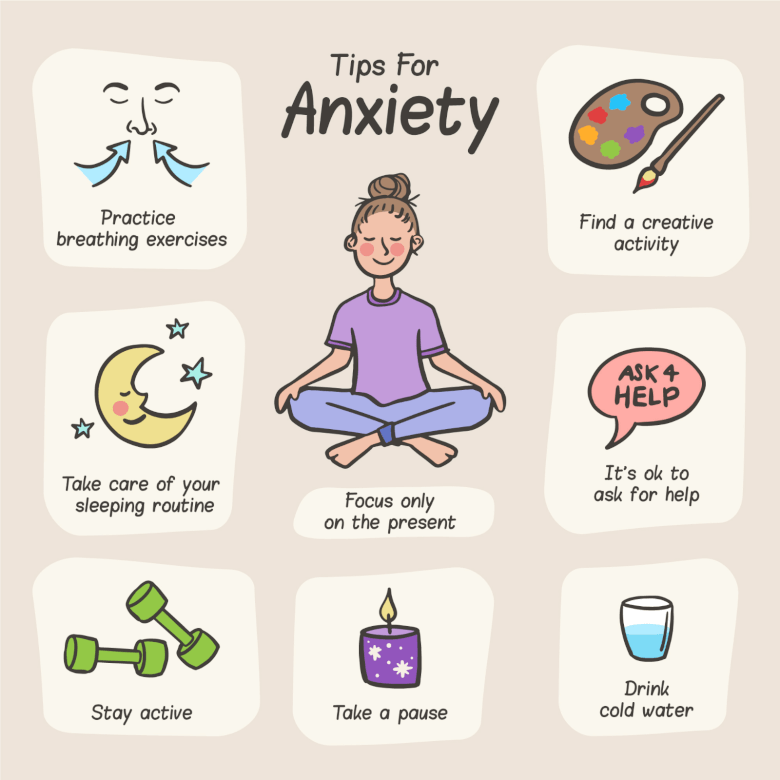Shift Work And Sleep

Shift work, which involves working outside of the traditional daytime hours, has become increasingly common in various industries, including healthcare, transportation, and manufacturing. While shift work can provide flexibility and economic benefits, it can also have significant effects on an individual’s sleep patterns and overall health. In this article, we will delve into the relationship between shift work and sleep, exploring the challenges that shift workers face, the consequences of disrupted sleep patterns, and strategies for mitigating these effects.
One of the primary challenges that shift workers encounter is the disruption of their natural circadian rhythm. The human body is programmed to follow a natural sleep-wake cycle, which is regulated by an internal clock that responds to light and darkness. When individuals work at night or irregular hours, their bodies struggle to adjust to the new schedule, leading to a mismatch between their internal clock and the external environment. This desynchronization can result in a range of sleep-related problems, including insomnia, daytime fatigue, and difficulty concentrating.
The consequences of disrupted sleep patterns can be far-reaching and have significant impacts on both physical and mental health. Chronic sleep deprivation has been linked to an increased risk of developing conditions such as obesity, diabetes, and cardiovascular disease. Additionally, shift workers may experience mood disturbances, such as depression and anxiety, which can further exacerbate sleep problems. The cognitive effects of sleep disruption can also be significant, with impaired attention, memory, and decision-making abilities.
To better understand the effects of shift work on sleep, it is essential to examine the different types of shift work schedules and their corresponding impacts on sleep patterns. For example, night shift workers, who work exclusively at night, often experience the most significant disruptions to their sleep patterns. In contrast, rotating shift workers, who switch between day and night shifts, may face challenges in adjusting to the changing schedule. Split shift workers, who work two separate shifts in a single day, may also experience sleep disruptions due to the fragmented nature of their schedule.
Several strategies can help mitigate the effects of shift work on sleep. One approach is to establish a consistent sleep schedule, even on days off, to help regulate the body’s internal clock. Creating a sleep-conducive environment, such as keeping the bedroom dark, quiet, and cool, can also promote better sleep. Additionally, avoiding caffeine and electronics before bedtime can help reduce sleep disruptions. Some shift workers may also benefit from taking naps during the day to supplement their sleep, although this should be done strategically to avoid interfering with nighttime sleep.
In addition to these individual strategies, employers can also play a crucial role in supporting shift workers’ sleep health. This can involve implementing flexible scheduling policies, such as allowing workers to choose their own shifts or providing advance notice of schedule changes. Employers can also provide education and resources on sleep hygiene and stress management, as well as encourage workers to prioritize self-care activities, such as exercise and relaxation techniques.
Shift work can have a profound impact on an individual's overall quality of life, and it is essential to address the sleep-related challenges that arise from this type of work schedule. By understanding the effects of shift work on sleep and implementing strategies to mitigate these effects, both individuals and employers can work together to promote better sleep health and reduce the risks associated with shift work.
Historically, the impact of shift work on sleep has been a topic of interest, with early studies dating back to the 1960s. These studies highlighted the challenges that shift workers faced in adjusting to non-traditional work schedules and the subsequent effects on their sleep patterns. Over the years, research has continued to evolve, with a growing focus on the health consequences of shift work and the development of strategies to mitigate these effects.
In terms of future trends, it is likely that the prevalence of shift work will continue to grow, driven by the increasing demands of a 24⁄7 economy. As a result, there will be a greater need for employers and individuals to prioritize sleep health and develop effective strategies for managing the challenges associated with shift work. This may involve the development of new technologies, such as wearable devices that monitor sleep patterns, or innovative scheduling approaches that minimize the disruption to workers’ natural circadian rhythms.
To further illustrate the complexities of shift work and sleep, let’s consider a case study of a nurse who works rotating shifts at a hospital. This individual may face challenges in adjusting to the changing schedule, particularly when switching from night shifts to day shifts. By examining the strategies that this nurse uses to manage their sleep, such as establishing a consistent sleep schedule and avoiding caffeine before bedtime, we can gain insights into the ways in which individuals can mitigate the effects of shift work on their sleep.
Strategies for Managing Shift Work and Sleep

- Establish a consistent sleep schedule, even on days off, to help regulate the body's internal clock.
- Create a sleep-conducive environment, such as keeping the bedroom dark, quiet, and cool, to promote better sleep.
- Avoid caffeine and electronics before bedtime to reduce sleep disruptions.
- Consider taking naps during the day to supplement sleep, but do so strategically to avoid interfering with nighttime sleep.
- Prioritize self-care activities, such as exercise and relaxation techniques, to reduce stress and promote overall well-being.
In conclusion, the relationship between shift work and sleep is complex and multifaceted. While shift work can provide economic benefits and flexibility, it can also have significant effects on an individual’s sleep patterns and overall health. By understanding the challenges that shift workers face and implementing strategies to mitigate these effects, both individuals and employers can work together to promote better sleep health and reduce the risks associated with shift work.
What are the most common sleep-related problems experienced by shift workers?
+The most common sleep-related problems experienced by shift workers include insomnia, daytime fatigue, and difficulty concentrating. These problems can result from the disruption of the body's natural circadian rhythm and the challenges of adjusting to non-traditional work schedules.
How can employers support shift workers' sleep health?
+Employers can support shift workers' sleep health by implementing flexible scheduling policies, providing education and resources on sleep hygiene and stress management, and encouraging workers to prioritize self-care activities. Additionally, employers can consider providing sleep disorder screenings and treatment options for workers who may be experiencing sleep-related problems.
What are some strategies for managing the effects of shift work on sleep?
+Strategies for managing the effects of shift work on sleep include establishing a consistent sleep schedule, creating a sleep-conducive environment, avoiding caffeine and electronics before bedtime, and considering naps during the day to supplement sleep. Additionally, prioritizing self-care activities, such as exercise and relaxation techniques, can help reduce stress and promote overall well-being.
By prioritizing sleep health and implementing effective strategies for managing the challenges associated with shift work, individuals and employers can work together to promote better sleep health and reduce the risks associated with shift work. As the prevalence of shift work continues to grow, it is essential to address the sleep-related challenges that arise from this type of work schedule and to develop innovative solutions that support the health and well-being of shift workers.



